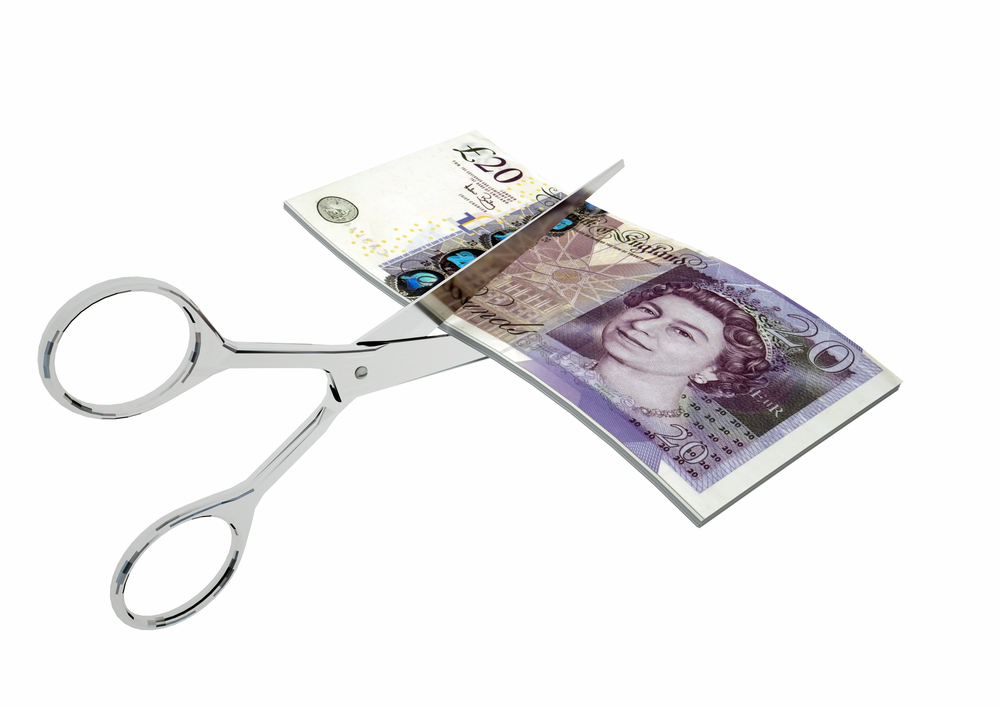News
Starving savers: NO cash ISAs on the market beat inflation

None of the cash ISA products currently on the market pay an interest rate that can beat inflation, data from Moneyfacts reveals.
UK inflation rose sharply from 1.2% in November to 1.6% in December on the back of rising food, fuel and air fares.
Rising inflation is an obstacle for savers as it means they have to earn more on their deposits to keep up with rising prices.
But savings rates have been on a steady decline and the average easy access account currently pays just 0.39%.
This is the first time since August 2013 that no cash ISA can beat inflation, according to campaign group Which?
Where can savers turn?
Moneyfacts said that there is one cash ISA on the market that can match inflation – Paragon Bank’s 5 year fixed rate cash ISA pay 1.60% AER.
There are also some savings accounts that can still beat inflation, but just a measly 7% of the total out there.
A handful of lesser-known providers have recently increased interest rates but only by a fraction: Atom Bank, Ikano Bank, Masthaven, and RCI Bank.
If you don’t need instance access to your cash, you can earn a top rate of 1.4% with the Atom Bank 1 Year Fixed Saver, or 1.6% if you fix for two years.
The best rate over three years is with Ikano Bank (1.75%), or you can boost your rate to 1.95% if you open the Ikano Bank 4 Year Fixed Saver.
However, as Ikano is a Swedish bank, your deposits aren’t covered by the UK’s Financial Services Compensation Scheme (FSCS). Instead, your money comes under the Swedish protection scheme. See YourMoney.com’s Should I entrust foreign banks with my savings? for more information.
For those who can afford to put their money away for longer, Atom Bank pays 2.05% over five years.
What about current accounts?
Until recently, current accounts offered customers better savings rates than those offered by traditional savings products.
Here are the best deals currently available, though it’s best to check if you can hit the monthly deposit minimum:
Nationwide FlexDirect pays 5% on balances up to £2,500 in the first year, falling to 1% after 12 months (minimum deposit of £1,000 per month).
Santander 123 account pays 1.5% on balances up to £20,000, but comes with a £5 monthly fee (minimum deposit of £500 per month).
TSB Plus account pays 3% on balances up to £1,500 and 5% cashback on your first £100 of spending each month, using your contactless debit card, Apple Pay or Android Pay (minimum deposit of £500 per month).
Is now the time to take on more risk?
Given the record low interest rate environment, savers have been trying out peer to peer lending, which offers returns of up to 7%. See YourMoney.com’s Tips to get you started in peer to peer lending.
Some savers may feel now is the time to move towards investing in stocks and shares. You don’t pay capital gains tax or income tax with a stocks and shares ISA. You can also transfer money from an existing cash ISA to a stocks and shares ISA without losing the tax benefits, and vice versa.
If you’re new to investing, it’s important to know about what protections are in place should the worst happen. Investment losses aren’t covered by the FSCS so your savings are at risk if the investments perform badly.
